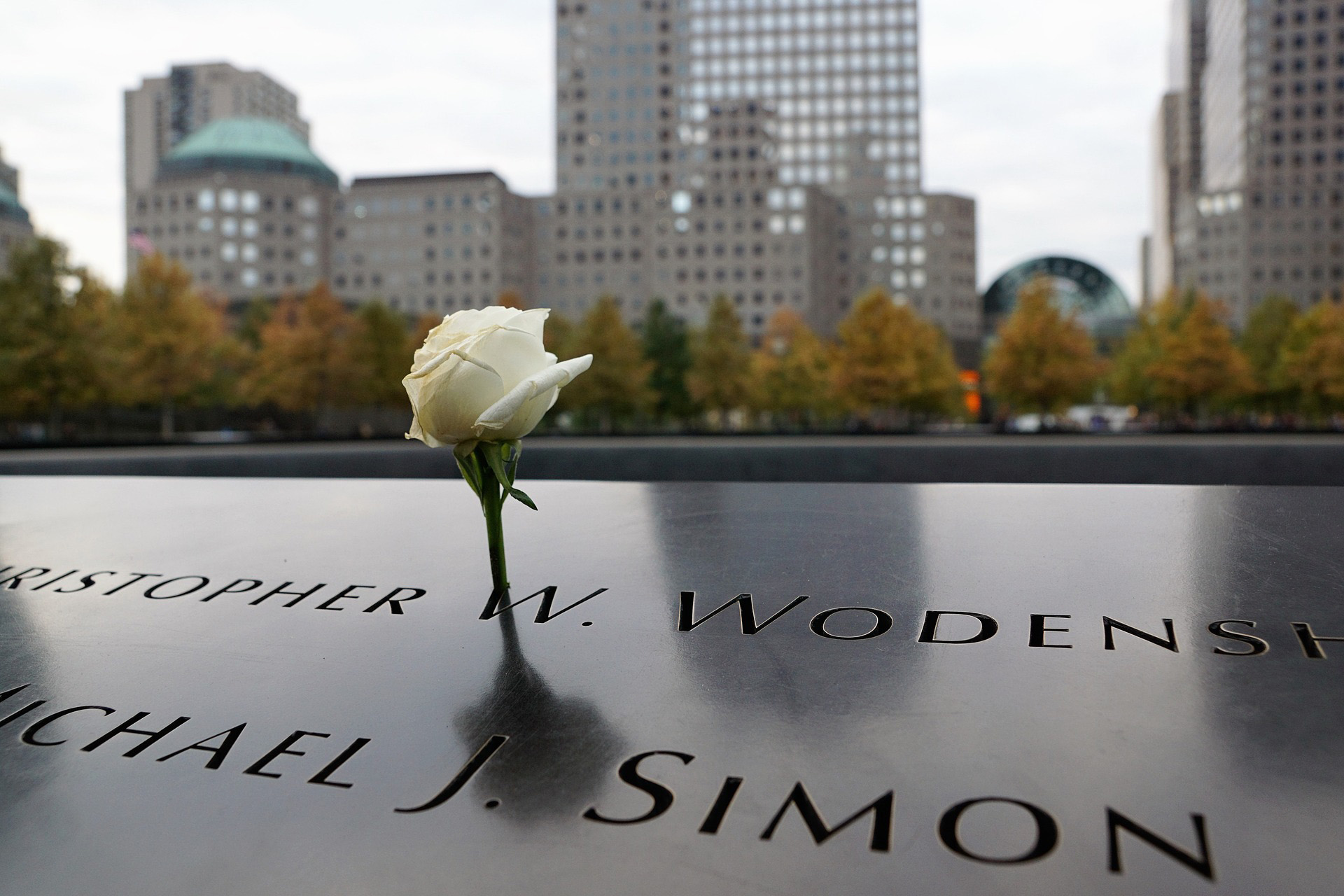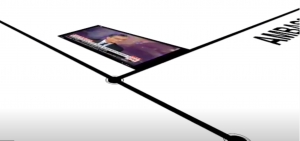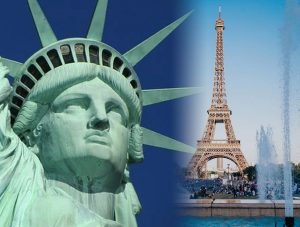Gérard Araud served as ambassador of France to the United States from 2014 to 2019. Previously, he served as permanent representative of France to the United Nations Security Council. He is currently a trustee of the International Crisis Group and a senior distinguished fellow of the Atlantic Council.
The following interview was conducted by FRONTLINE’s Jim Gilmore on April 15, 2021. It has been edited for clarity and length.
Global Reaction to 9/11
This film starts out on 9/11 and goes up to the present day. … Talk about that time in history and how America was viewed by the world.
So I think the first thing we have to do is to try to remember that where—what was the American foreign policy or what was the American administration before 9/11, because we were in very special circumstances after the election of George W. Bush. It’s undeniable that there were a lot of questions about the U.S. foreign policy after the neoconservative victory. Our embassy in Washington was trying to assess what will be the consequence of the election, and on the top of that comes the 9/11 [attacks].
At the time I was the secretary for strategic affairs. In theory at least, there was a worry that it will be—the 9/11 will be immediately followed in a sense by your very bellicose and very strong and very military response of the United States.
Here I’m not expressing, of course, the human feelings that we had, all, when looking at the towers collapsing, the bodies falling. Of course, we were extremely, extremely moved by the horror. But there were immediately—there were some concerns, especially in Paris, about what will happen. And by chance, I think, you know, 9/11, it was a few days before the U.N. General Assembly and Jacques Chirac actually were supposed to go to New York. He went there, and I think he was one of the first one, or maybe even the first one, to overfly the 9/11 site and to meet George W. Bush.
And when he came back, I remember a meeting with Jacques Chirac and also our foreign minister, Hubert Védrine, and the feeling was sort of, they were reassured. They had the impression that the U.S. were not going to rush to the warpath, but they were going to assess the situation and decide a reaction, I think, not on the spot, but after a while. And I think that was the first analysis in Paris, is OK, this administration is less bellicose that we feared.
And the significance of NATO’s support for the invasion of Afghanistan? Even at that point in the world, Russia was very supportive of the United States and that mission. It almost seemed like there was a new world order to some extent.
If you allow me, in a sense, not to answer to your question. The event … was so spectacular. It was so horrendous that all of us, we remember where we were on 9/11, and all of us will remember the images of the bodies falling or the towers collapsing. And I think our brain is nearly numbed, and it’s nearly impossible to shift from the emotional mode to the analytical mode. We are all emotional, all emotional because the human sufferings, the meaningless attack, but also because it’s New York City. You know, New York City and the twin towers are sort of a symbol of modernity.
And I think that has been, of course, the reaction of the Americans, and I think it’s quite legitimate, but it has also been the reaction, I think, of the Europeans and of most of the world, because most of the world had been mesmerized by the same—the same images.
So the Americans had been attacked. There was no excuse, no explanation possible, and the world in a sense was in revenge mode. We had to kill the murderers. And the 9/11 was, first of all, seen as a crime and not as a foreign policy crisis.
Even historically, NATO, as the organization, supported the invasion of Afghanistan. Even that, the significance of that?
Because, you know, when NATO supported the invasion of Afghanistan, it was not supporting the invasion, but it was supporting, you know, really the fact of looking after bin Laden, you know, where it was seen as a chase of the criminal and as of the destruction of the cell which was supposed to be behind the attack. In a very strange way, for me, it’s more a sort of policy decision than a political decision.
If you want to read the whole article, click on the link below:
https://www.pbs.org/wgbh/frontline/interview/gerard-araud/
If you wish to organize a conference with Gérard Araud, contact Jean-Michel Dardour at + 33 (0) 6 88 09 09 79.




